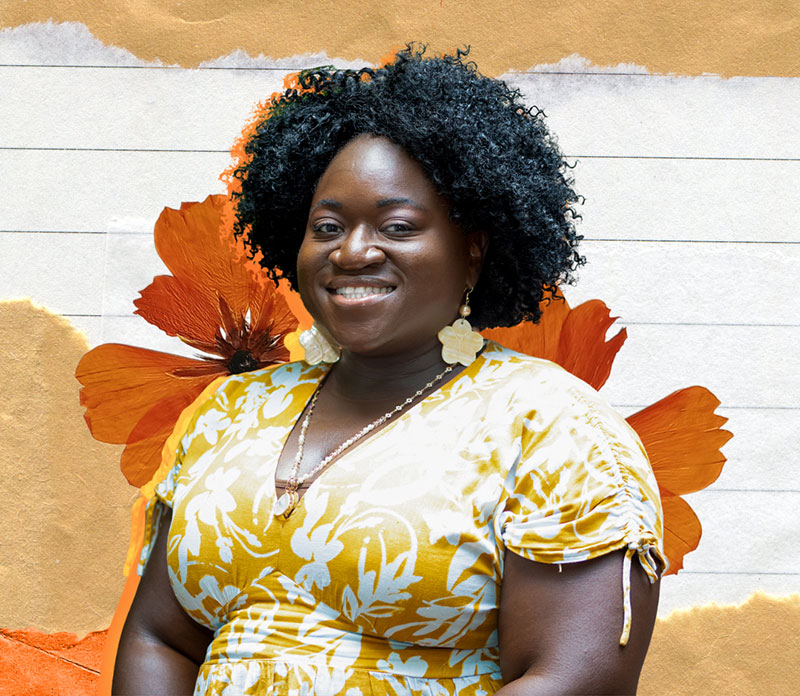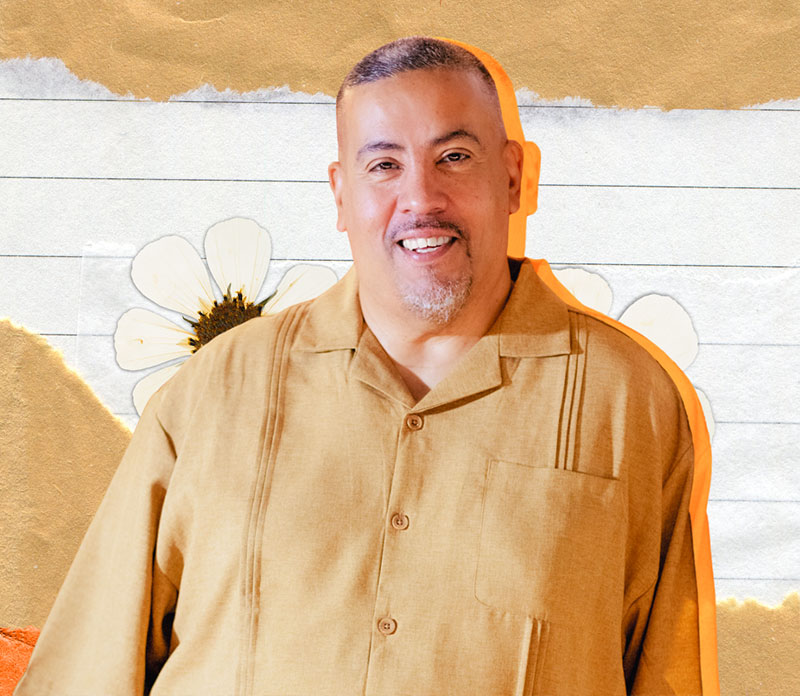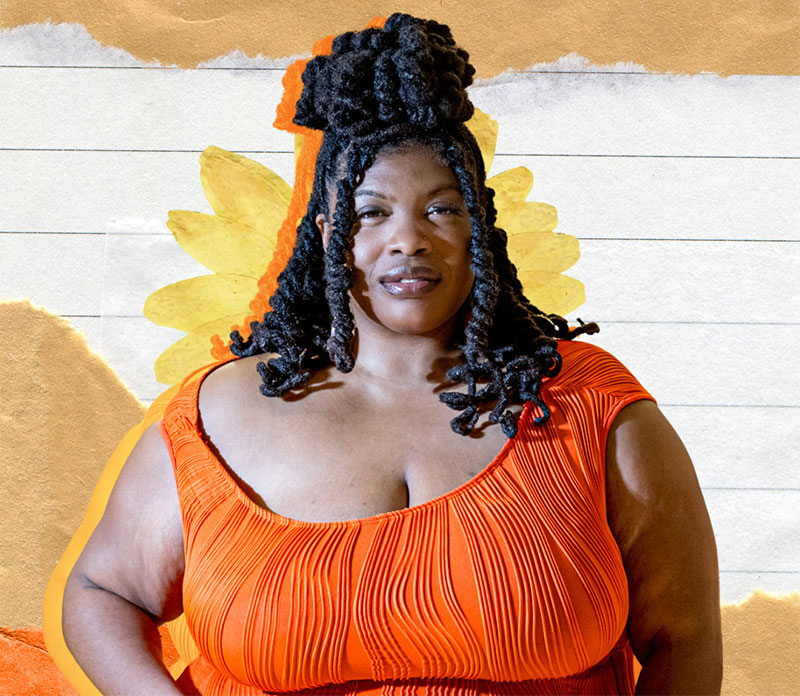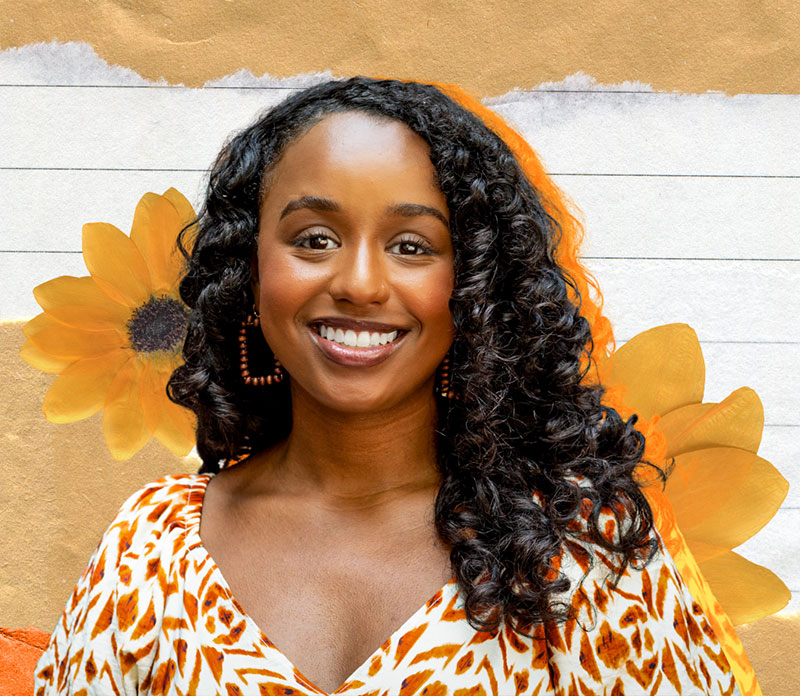About Media 2070
The Media 2070 project, launched in 2020, calls on media companies, the government, philanthropy and the broader public to reckon with and repair the historical and ongoing harm our nation’s media system has caused Black people. We advocate for media reparations to achieve a future where Black people have the capital and power necessary to own and control our own stories, from ideation to production, through to distribution. The project’s home is within the broader reparations field, and a continuation of a lineage of racial justice organizing and movement mobilization that seeks to shift systemic power in service to repairing centuries of harm, enslavement and colonialism, and in alignment with new, regenerative economic systems that best serve intersectional Black liberation and Indigenous sovereignty.
We must repair and redress media harm.
To remedy structural inequities across the U.S. media system, Media 2070 engages and organizes Black media-makers and advocates, media outlets and publishers, policymakers and philanthropy. Through educational and cultural activations, research and narrative work, and policy interventions and advocacy, we reckon with and work to repair the harm our nation’s media system has caused, and showcase the possibilities for a future media that loves and cares for Black people.
Media 2070’s goals are to transform the national conversation on race and media, grow the cultural conditions needed to support reparative interventions, and advance public-interest policies that would redress that harm.
Meet the Team

Anshantia “Tia” Oso is a culture strategist, activist and speaker who uses the power of art and culture to enact change. Her work is rooted in the legacies of Black organizing and ancestral resistance and inspired by Afrofuturist visions.

A co-creator of the Media 2070 project, Joe Torres has studied and conducted deep historical research on race and U.S. media for more than 15 years. The Media 2070 Project’s scholarship builds on News for All the People, the New York Times bestselling book Torres co-authored with Juan González.

Venneikia Williams is the grounded “voice” most interact with first when learning more about Media 2070. She manages our consortium and works across partners to deliver political education on reparative journalism to the masses, including a critical college course introducing the next generation of journalists to reparative strategies and methods.

Diamond Hardiman leads innovative strategies to advance reparative narratives and reparations wins within the fields of journalism, media and tech using art, cultural organizing, research and writing. Her landmark work with newsrooms paved the way for the Black Future Newsstand, a national installation highlighting the power and history of Black media.
